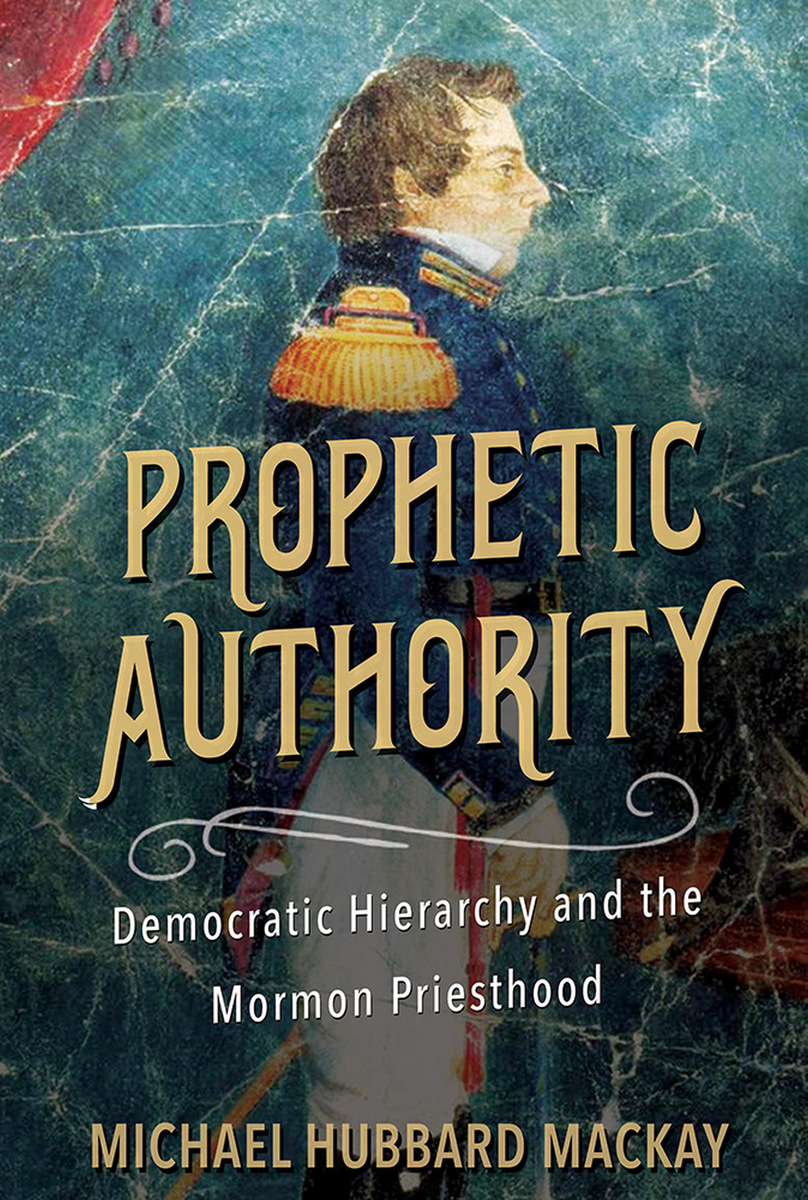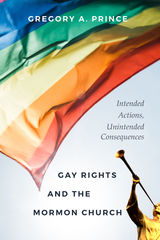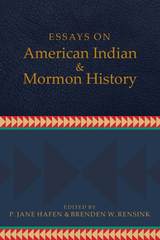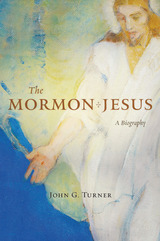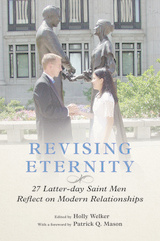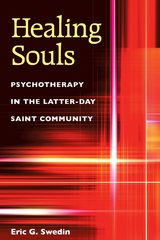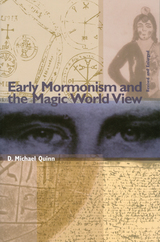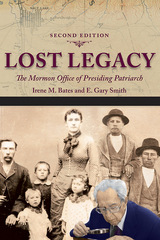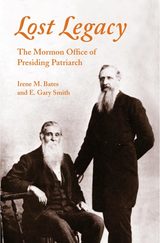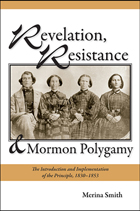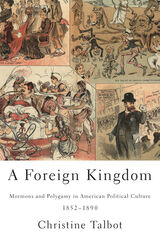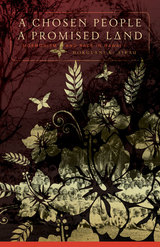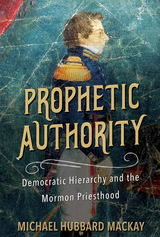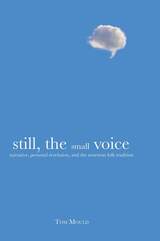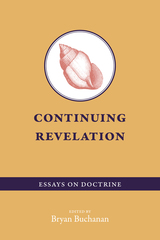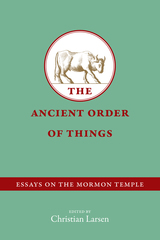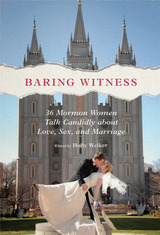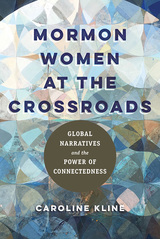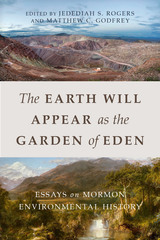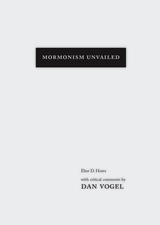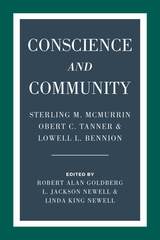eISBN: 978-0-252-05187-6 | Paper: 978-0-252-08487-4 | Cloth: 978-0-252-04301-7
Library of Congress Classification BX8643.P7
Dewey Decimal Classification 262.80882893
Michael Hubbard MacKay traces the Church of Jesus Christ of Latter-day Saints' claim to religious authority and sets it within the context of its times. Delving into the evolution of the concept of prophetic authority, MacKay shows how the Church emerged as a hierarchical democracy with power diffused among leaders Smith chose. At the same time, Smith's settled place atop the hierarchy granted him an authority that spared early Mormonism the internal conflict that doomed other religious movements. Though Smith faced challenges from other leaders, the nascent Church repeatedly turned to him to decide civic plans and define the order of both the cosmos and the priesthood.
See other books on: Authority | Christian Living | Church of Jesus Christ of Latter-day Saints | Church of Jesus Christ of Latter-day Saints (Mormon) | Leadership & Mentoring
See other titles from University of Illinois Press
